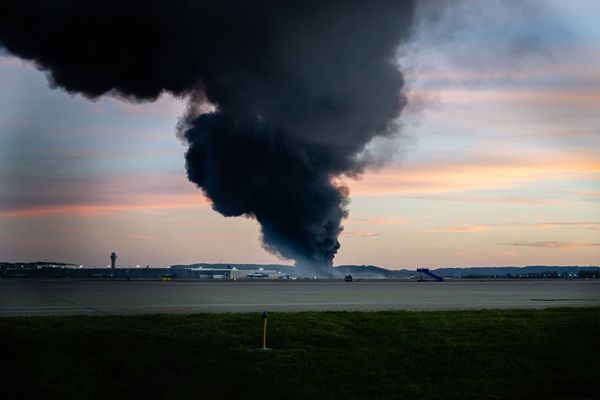
Few environmental ventures have captured the popular imagination quite like rewilding. For decades, campaigners have been clamouring for the restoration of natural ecosystems as an urgent response to climate breakdown, and as a good in itself. And now it counts more than just environmentalists among its advocates – big business and the wealthy are getting involved too.
Across the UK, hundreds of thousands of acres are being snapped up for the purpose of rewilding by businesses, billionaires and asset managers. Asos billionaire Anders Povlsen and his wife, Anne, are now Scotland’s largest landowners. In a manifesto of sorts, addressed to the people of Scotland, the couple wrote that their intention was to “restore our parts of the Highlands to their former magnificent natural state and repair the harm that man has inflicted on them”. The investment companies Aviva and Standard Life have also bought land to plant forests and restore peatland. The brewery and pub chain Brewdog is planting “the biggest ever forest” in Scotland; while pop star Ed Sheeran is “trying to rewild as much of the UK as [he] can”.
Whatever the virtues of these particular schemes, the practice of environmentally motivated private land purchases has attracted controversy, having been dubbed another form of “greenwashing”. In many cases, land is bought and trees are planted to “offset” the owner’s carbon emissions from elsewhere. It’s easy to see the appeal from the point of view of corporations and the wealthy. But what are the consequences for the rest of us?
The race for land to use for this kind of offsetting has been supercharged by a combination of government green subsidies such as environmental land management schemes, which pay farmers and landowners to rewild, and a global appetite for carbon markets. As the researchers Laurie Macfarlane and Miriam Brett point out, land markets in the UK are lightly regulated, and tax breaks encourage investment in both land and property. This system fast-tracks sales of large areas of the UK with little scrutiny.
In the UK, Scotland is the most affected: the average price of land, according to research by the estate agent Strutt & Parker, jumped by 87% in the last year. Some estates have seen a 333% price increase since 2018. Many of the landowners are colloquially and pejoratively titled “green lairds”, echoing the Highland clearances of the 18th and 19th centuries. The new Somerset-based venture Real Wild Estates recently said its business model was “making nature pay, by delivering sustainable business returns” for investors.
Part of the issue lies in offsets themselves. Many activists demand the UK reaches negative, not net zero, emissions – which will require significant domestic rewilding as well as huge financial flows to the global south. Offsets should be a last resort for residual emissions, reserved only to offset so-called hard to decarbonise sectors such as the steel industry. The current system provides impunity to corporations and the super-rich who can emit as much as they like so long as they plant enough trees later.
This race for land will only accelerate and exacerbate the existing rural housing crisis, where prices soared in the pandemic as urban dwellers sought an escape to the country. This is compounded by the Airbnb effect – where homes are being snapped up for tourists to rent.
The land bought for offsetting is often framed as derelict – an empty wilderness devoid of community. Rarely does corporate rewilding consider the displacement of communities living and working on the land. It is also having impacts on agriculture: threatening crofting in Scotland, farming in Wales and perpetuating struggles to continue farming in England.
Rather than empower a generation of green lairds or eco-aristocrats, we should push for the democratisation of land ownership, using mechanisms such as community buyouts and restoring council or country farms, which are run and owned by local authorities and help new farmers get into the industry. Real land reform would root rewilding projects in people, securing good rural jobs in agro-ecology and conservation, producing sustainable food, livelihoods and a common connection to nature.
There are some models for this already. The famous Langholm Moor community buyout bought 5,300 acres of land to put back under communal ownership. Another inspiring initiative can be found on the Isle of Ulva, which was brought back into community ownership in 2018. In 2015, the population had fallen to just five people. Now they’re seeing the “repeopling” of the island, and conservation projects are under way to restore habitats and biodiversity. The benefits of climate, nature and community are far from zero sum.
Rewilding should not be about profit and offsets, remote and alien from rural communities. The value of a real, democratic rewilding is that it doesn’t just secure a home for beavers and sequestered carbon dioxide – but for people too.
Eleanor Salter writes about climate, culture and politics







